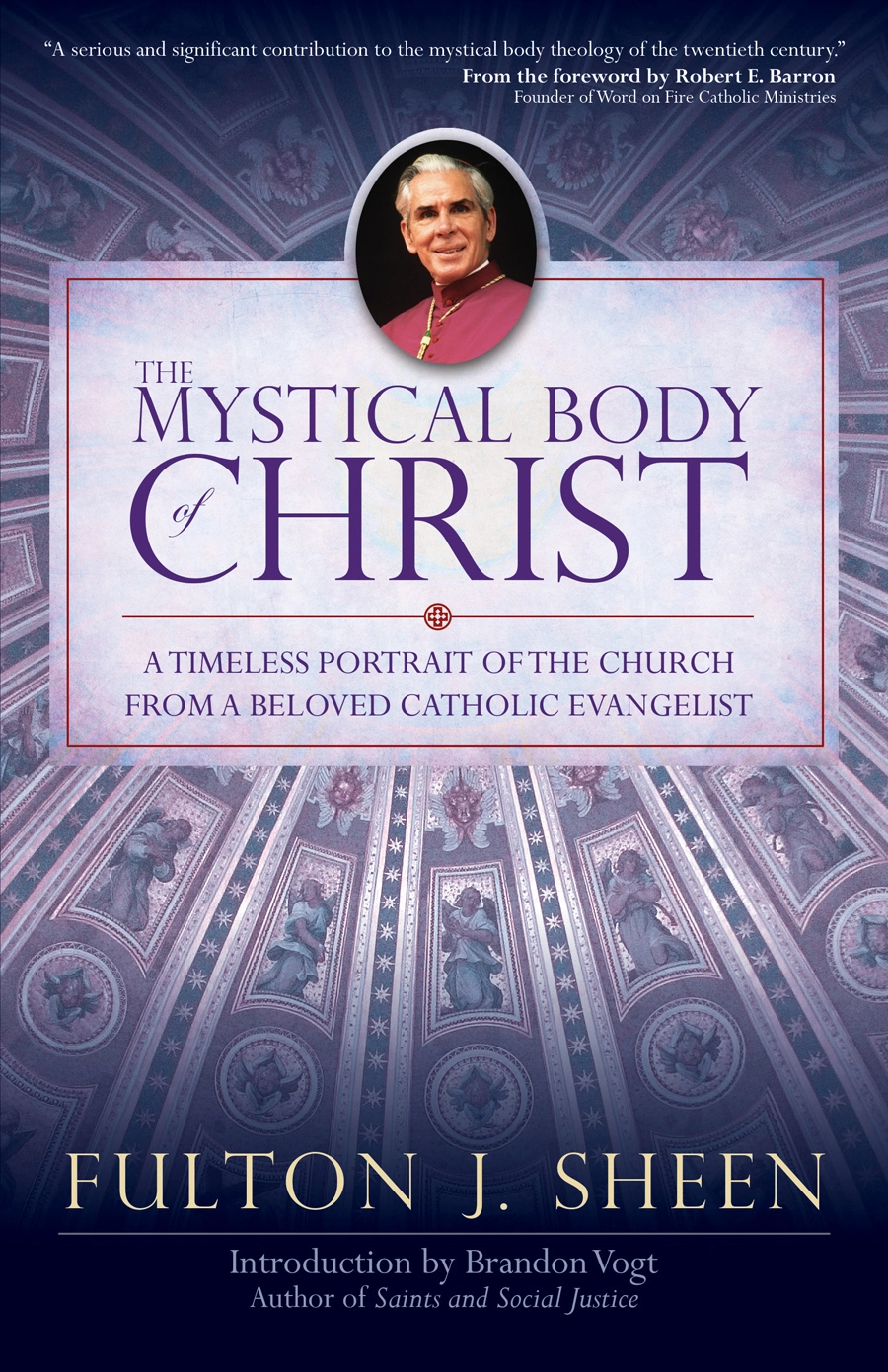I begin this endeavor from a disadvantage, in that, I do not have to form an opinion as to the validity of the claims made by Jesus the jesus christ gospel of love. I have walked with him for nearly fifty-seven years and have gotten to know him more intimately than I do my natural family. My observations during that time has given me more evidence of him being who he says he is than just what I have observed around me, gleaned from books, teachers, sermons, or family members and friends. Maybe I have been biased in my outlook; however, setting aside my biases as best I can, I will complete this endeavor as if I have no knowledge concerning him.
We will look at a variety of evidence that proves that Jesus is the Christ; and will examine eyewitness testimony, documentary, corroborating, rebuttal, and psychological, circumstantial and scientific evidence. I will be open-minded and fair. I will draw my conclusions based on the veracity of the facts and not from my whims or prejudices. If Jesus is to be believed, then there is nothing as important as how we respond to him.
Since expert testimony is crucial to any case because it can often be compelling and convincing. Let us examine some of them concerning the earthly life of Christ. Our first witness is Craig L. Bloomberg, PH.D. He is considered one of the countries foremost authorities on the biographies of Jesus.
He states that is possible to be an intelligent, critically thinking person and still believe that the four gospels were written by the people whose name is attached to them. The further states that there are no known competitors for these gospels, therefore their authorship is not in dispute. Remember these were unlikely characters, Mark and Luke weren’t even disciples and Matthew was a former tax collector; hated second only to Judas. Contrast this to the fanciful apocryphal gospel; people chose the names of well-known figures as their authors; such as Philip, Peter, Mary, James and others. Those names carried more weight than Matthew, Mark and Luke, so there would be no reason to attribute these three persons as the authors if it were not true.
Then there is the testimony of Papais, a disciple of John and friend of Polycarp, who was bishop of Hierapolis, in Phrygia, till towards the middle of the second century. He was a Christian writer, dated about A.D. 60-130. He specifically affirmed that Mark carefully and accurately recorded what Peter said he saw and in fact that Mark had made no mistakes and did not include any false statement in his writings. He further states that Matthew had preserved the teachings of Jesus as well.
Then around A.D. 180, Irenaeus confirmed the traditional authorship. So we can have confidence that the gospels were written by Matthew, John, Mark (a companion of Peter) and Luke (a companion of Paul.) Therefore, we can be sure that the events they recorded are based on either direct or indirect eyewitness testimony.
As we look at how Mark wrote the biography of Jesus we find that he did not record the birth or early adult years. His main focus is on the final three-year period of his earthly ministry. Half of his gospel describes the events culminating in Jesus’ last week. There are two reasons for this. One is literary and the other is theological.
First, in the ancient world people wrote biographies that way. They did not write about each period of a person’s life. They wrote what was necessary to tell the story and not always in chronological order or quote verbatim, as long as the essence of what was said were preserved. They recorded what they could learn lessons from. Therefore, they recorded on those portions of a person’s life that was illustrative, that could help other people or that was exemplary and gave meaning to a period in history.





More Stories
Trader Joe’s: A Unique Retail Experience
Understanding the Basics of Finance: A Comprehensive Guide
Understanding Vaping: A Comprehensive Overview